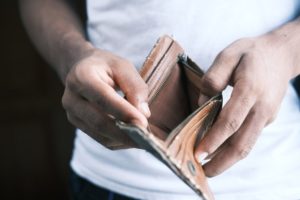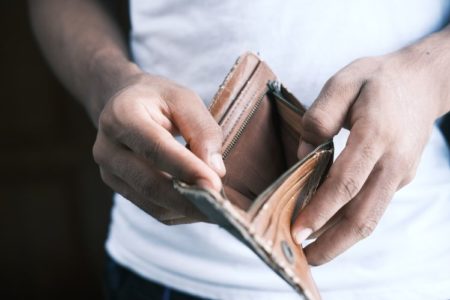Auckland Bankruptcy Lawyer – What The Process Involves
Individual Personal Insolvency
Personal insolvency might make it difficult to pay off your debts. There are a number of causes for this to happen.
Bankruptcy might occur if you are unable to pay your debts. There are, however, alternatives.
An Auckland bankruptcy lawyer can assist in navigating personal insolvency and determining if bankruptcy is the best course of action or whether a different course of action will provide the best results for all parties involved.
What Is Bankruptcy?
 When a person is unable to pay their debts as they become due, bankruptcy may be the result. A debtor can file for bankruptcy voluntarily or wait until a creditor declares them bankrupt through the High Court’s mandated process.
When a person is unable to pay their debts as they become due, bankruptcy may be the result. A debtor can file for bankruptcy voluntarily or wait until a creditor declares them bankrupt through the High Court’s mandated process.
Bankruptcy, on the other hand, should not be considered as a simple way to avoid paying obligations because it can have serious and potentially long-term ramifications for the bankrupt.
Personal Voluntary Application For Bankruptcy
A debtor must have debts totalling more than $1,000.00 in order to file for bankruptcy. To begin the process, the debtor must submit a request to the Official Assignee. The Official Assignee will take over the management of your financial affairs.
A Creditor Can Apply For Your Bankruptcy
Creditors can file a bankruptcy petition with the High Court, requesting that the debtor be declared bankrupt.
The borrower must have carried out a bankrupt action such as not paying an invoice, three months prior to the application. The amount owing needs to be for more than $1000.00 in liquidated debt.
The creditor’s application must demonstrate a particular failure by the debtor, which requires an act of bankruptcy. The most typical allegation by a creditor is failure to comply with a bankruptcy notification, which is one of a number of acts of bankruptcy.
If the application is approved, the debtor will be protected from any and all creditors.
When a debtor is accepted in the No Asset Procedure, creditors are barred from taking any action to collect a debt owing to the debtor.
The obligations that existed at the time of entrance into the No Asset Procedure are cancelled upon discharge from the programme. The debtor is no longer obligated to repay any part of those debts, including any penalties or interest that may have accrued. Debts incurred by deception, as well as debts for which the debtor has acquired forbearance through deceit, are not dismissed.
An Alternative to Bankruptcy:
Defaulters can work out a payment plan with their creditors.
A Composition
If a debtor is able to put together a repayment plan, the agreement will be binding on all creditors. Dissenting creditors are included. A debtor’s bankruptcy can be annulled if the composition is accepted by the required majority of creditors (currently three quarters) and recognised by the court. This procedure necessitates the debtor devising a plan that provides creditors with more than they would receive in a regular bankruptcy.
A Proposal
 Proposals follow the same steps as compositions. A proposal, on the other hand, happens before adjudication and effectively states that unsecured creditors cannot launch a formal bankruptcy process against the debtor if a proposal is presented and approved. The difference between proposals and compositions is that with a proposal, the debtor can escape bankruptcy and the process is more simple.
Proposals follow the same steps as compositions. A proposal, on the other hand, happens before adjudication and effectively states that unsecured creditors cannot launch a formal bankruptcy process against the debtor if a proposal is presented and approved. The difference between proposals and compositions is that with a proposal, the debtor can escape bankruptcy and the process is more simple.
Summary
These processes allow a debtor to either stay out of bankruptcy or get out of it by reaching a legal agreement with creditors. Creditors may benefit because they may obtain more money than they would otherwise receive in a bankruptcy.
The creditors are not obligated in any manner to accept either approach, thus it is up to the collective wisdom of the creditors to decide whether or not either procedure will be effective.
If you have problems with paying your debts, it is important to talk to an Auckland bankruptcy lawyer like McVeagh Fleming. They will be able to advise if this is the right path for you.
